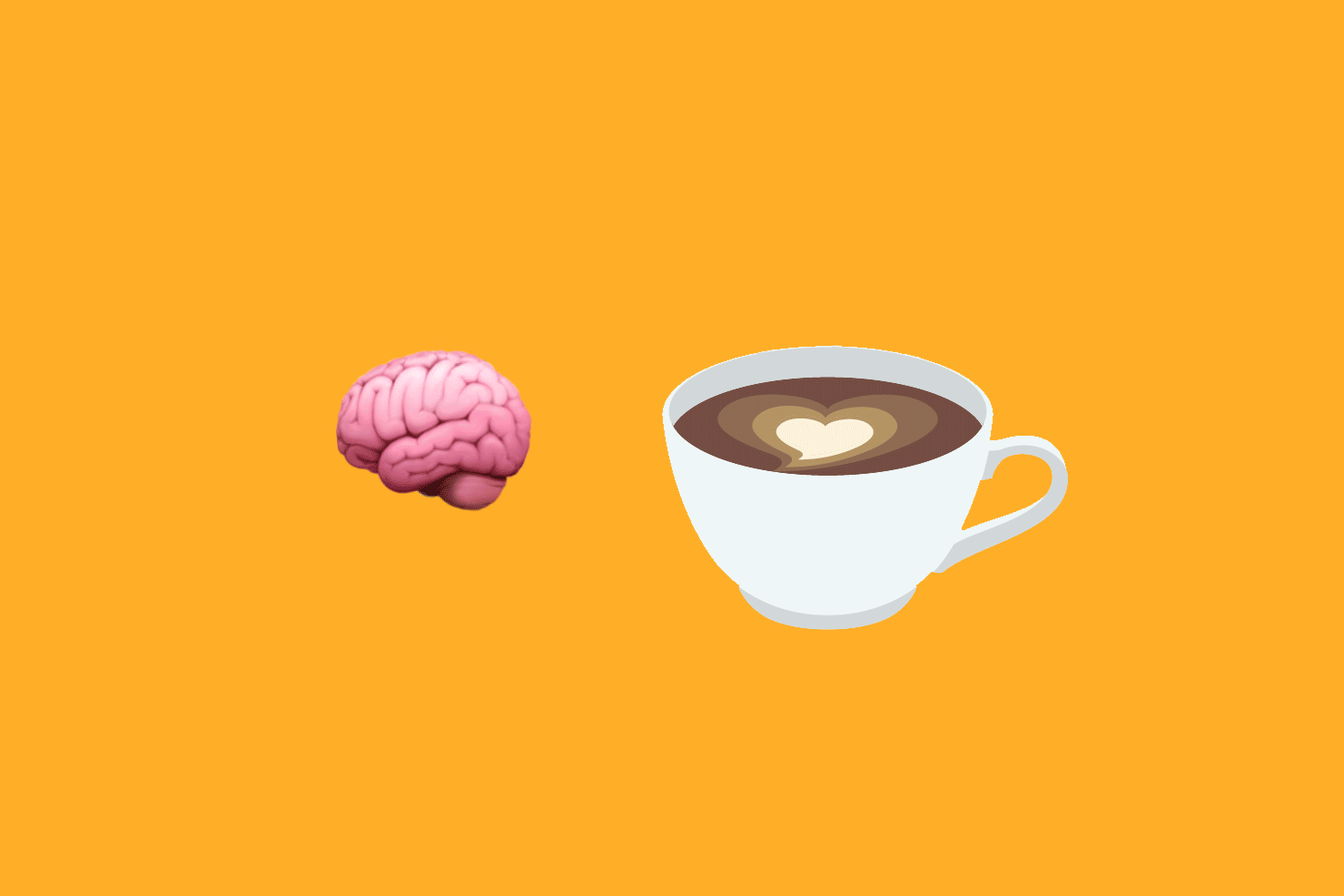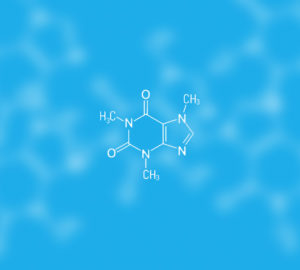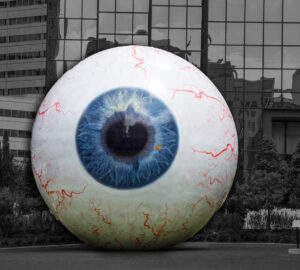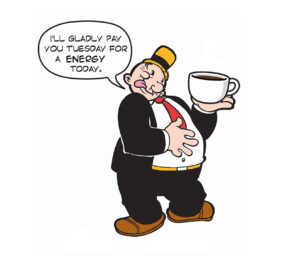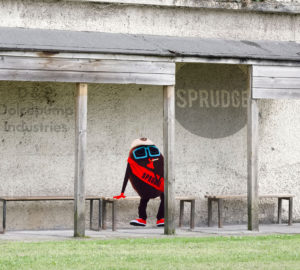There’s a lot I’m willing to give up for coffee: miles of counter space, a good night’s rest, any and all expendable income, teeth, my very identity itself. Luckily, a new study finds that at least of those concessions, sleep, I don’t have to worry too much about. Unfortunately, that same study discovered a potential new side effect to give you pause: caffeine makes your brain smaller.
This pair of findings don’t exactly seem to belong in the same study, but as Study Finds notes, there’s a link between the two. Caffeine’s supposed link to insomnia is well-worn territory. But beyond a general grogginess and a few bags under the eyes, sleep deprivation has been shown to have an impact of the amount of grey matter in your brain. Grey matter is the part of the brain that processes sensory information, not exactly an expendable part of your thinking space.
For their findings, researchers from the University of Basel in Switzerland examined 20 healthy, caffeine-consuming young adults over the course of two 10-day trials. Throughout the test periods, participants replaced their daily coffee with tablets. During one trial, the participants were given caffeine pills; placebos were administered during the other.
Each participant had their sleep quality measured and their nightly brain activity recorded during the trial periods. When analyzing the data, researchers found caffeine had not result in poorer sleep quality. Given the association between sleep and amount of grey matter in the brain, this sounds like good news. But in an unfair twist of fate, the researchers also found that the placebo group had a “much higher volume of gray matter in the brain than they did while consuming caffeine.” Per Study Finds, the size difference was “especially noticeable in the brain’s right medial temporal lobe… [including] the hippocampus, which is essential for memory consolidation.”
Researchers on to note that the effects of caffeine on grey matter are not permanent. The study suggests that grey matter can regenerate in as little as 10 days after kicking the habit.
“Our results do not necessarily mean that caffeine consumption has a negative impact on the brain,” Dr. Reichert says in a university release. “But daily caffeine consumption evidently affects our cognitive hardware, which in itself should give rise to further studies.”
I have to admit, I really got Trojan Horse’d into some bad coffee news here. Here I am trying to convince everyone that coffee won’t mess up your sleep schedule and now I’m staying awake all night, terrified I can’t think good anymore.
This calls for another cup of the unleaded stuff, because it’s like I always say, “Decaf gives me lobe!”
Zac Cadwalader is the managing editor at Sprudge Media Network and a staff writer based in Dallas. Read more Zac Cadwalader on Sprudge.











